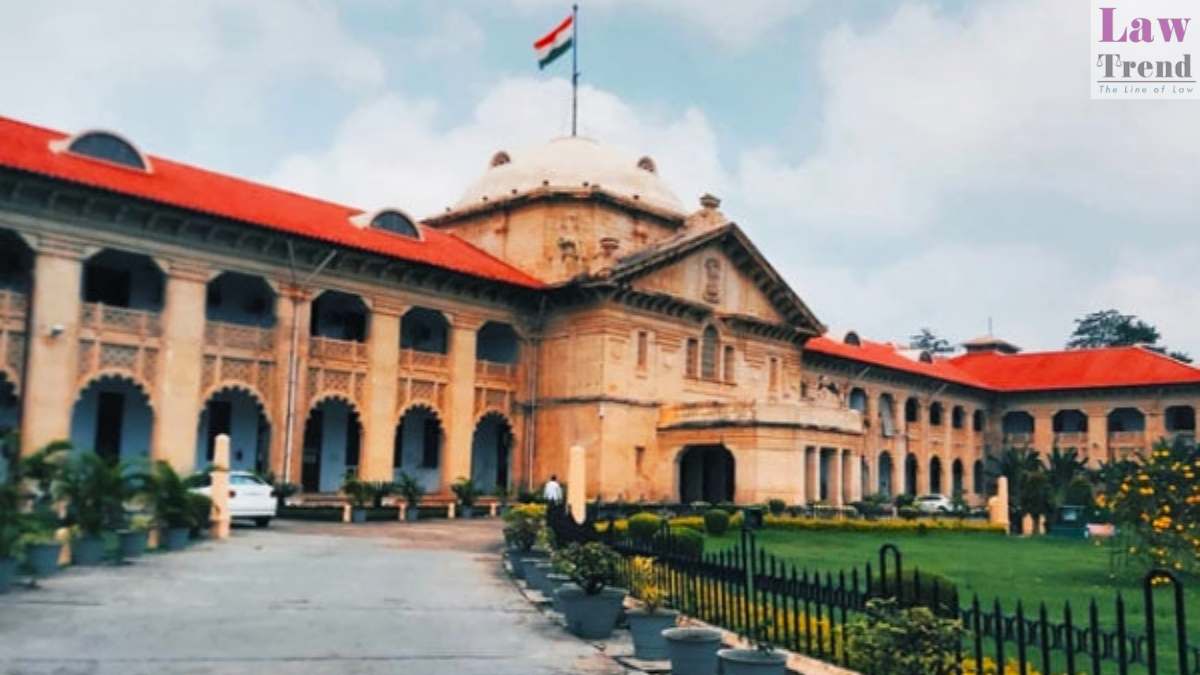-
by sayum
16 February 2026 8:46 AM



In a significant observation underscoring the importance of technology in judicial proceedings, the Allahabad High Court, through Hon'ble Justice Vikram D. Chauhan, highlighted, "Courts cannot be permitted to sleep over the matter in respect of video conferencing facility." This remark was made in the case of Smt Anju Madhusoodanan Pillai vs State Of U.P., APPLICATION U/S 482 No. - 9526 of 2024, highlighting the pressing need for integrating technological advancements in court proceedings.
The case revolved around the petitioner's request for quashing an order and directing evidence to be recorded via video conferencing under the Rules for Video Conferencing for Courts in Uttar Pradesh, 2020. This request brought to the forefront the issue of the implementation and utilization of video conferencing facilities in the judicial system.
The application, filed by Smt Anju Madhusoodanan Pillai, sought to challenge an order passed by the Additional Chief Judicial Magistrate in a case involving sections of the IPC and the Dowry Prohibition Act. The central issue was the non-availability of video conferencing facilities in the magistrate court of District Ghaziabad, as pointed out by the counsel for the opposite party.
Infrastructure for Video Conferencing: The Court emphasized the established Rules for Video Conferencing for Courts in Uttar Pradesh, 2020, and expressed concern over the delay in implementing these facilities. The Court mandated the Central Project Co-ordinator and the District Judge f Ghaziabad to submit a report on the availability of such facilities.
Utilization of Public Funds: Justice Chauhan noted that the infrastructure for video conferencing, established with public money, must be effectively utilized.
Government's Role: The Court sought an explanation from the Principal Secretary (Law), Uttar Pradesh, about the steps taken by the government to facilitate this technology, thereby saving the valuable time of government officials who are prosecution witnesses.
Direction to the Judiciary: The Court expressed dissatisfaction with the judiciary's lack of interest in implementing the video conferencing rules and hinted at possible actions for non-compliance.
Immediate Directions: In the interim, the Court ordered that if any prosecution witness applies for leading evidence through video conferencing, the application should be granted, subject to the availability of the facility.
Decision of the Judgement The Court listed the case for further hearing on 2nd April 2024 and directed the Registrar (Compliance) to ensure the order is communicated to the relevant authorities promptly. Moreover, the court concerned was directed to follow the interim directions regarding video conferencing without any exception.
Date of Decision: 28th March 2024
Smt Anju Madhusoodanan Pillai vs State Of U.P.
